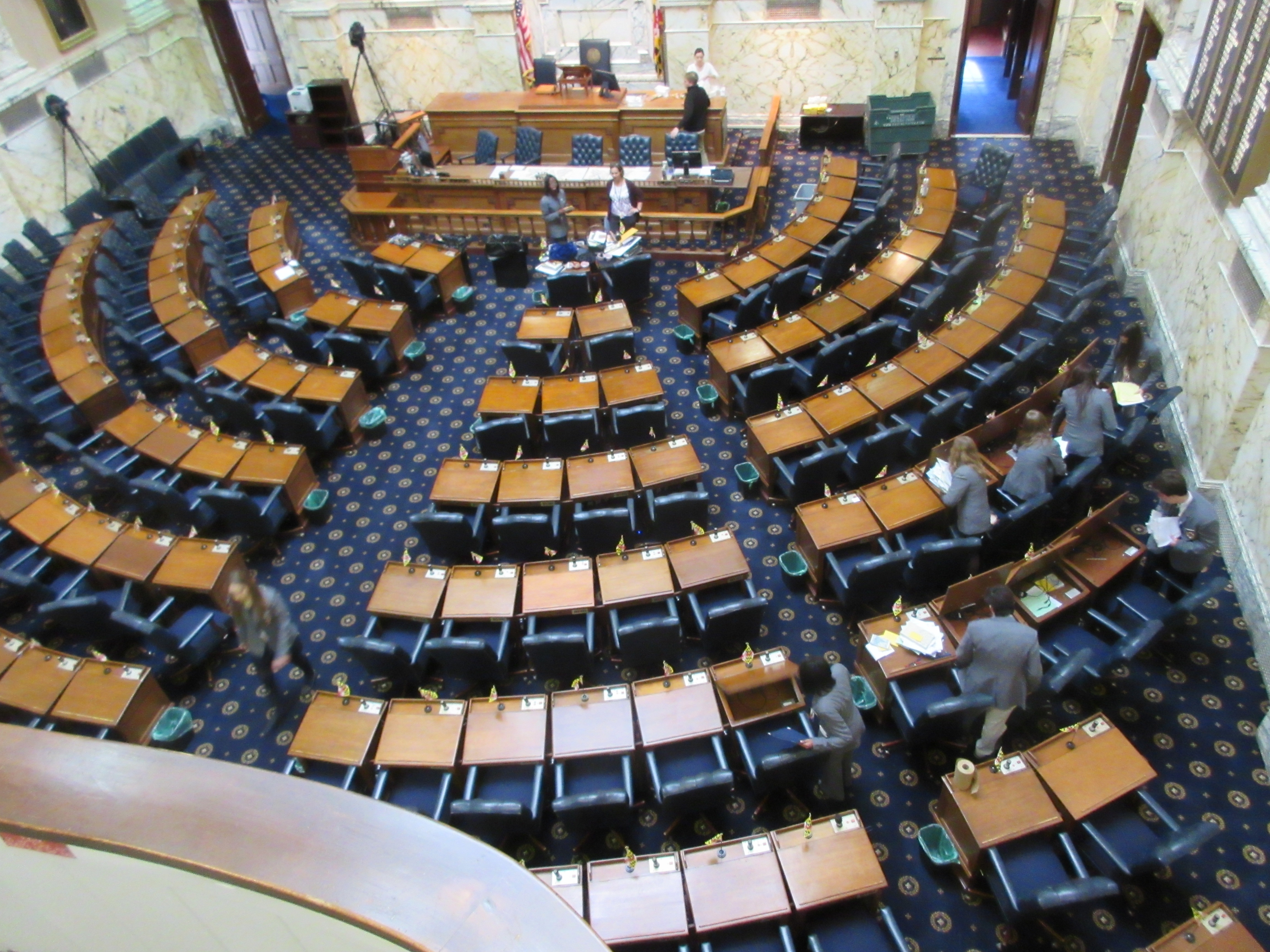By MarylandReporter.com
Major changes to the Public Information Act reported on earlier have now passed both the House and Senate in essentially the same form.
HB755 passed the House Wednesday 139-1, and SB695 passed the Senate unanimously March 25.
“This is a big step forward,” said Del. Dan Morhaim, the floor leader and a long-time champion of open government and transparency measures. The legislation makes the Public Information Act more understandable, reasonable and fair, Morhaim said.
The bill replaces inconsistent enforcement of current law with more standardized procedures for obtaining public records and documents. This includes a new ombudsman in the Office of the Attorney General to give guidance and mediate requests from all levels of government. There is also a new Public Information Compliance Board that will rule on fees that can be charged.
The Senate must now act favorably on the House version of the bill.
Morhaim said that the Senate committee was kept informed of the House’s work on the measure, including changes requested by the governor’s office.
“Today, Maryland took an important step towards more open, transparent government,” said Jennifer Bevan-Dangel, executive director of Common Cause Maryland. “This legislation is the result of many hours of discussion and compromise.”
Firmer time limits, more reasonable fees
The bill also establishes firmer time limits for responding to public records requests and says that custodians of documents and data can only charge the “actual” costs of the search and preparation of the information.
“This legislation is not only much-needed and long-overdue,” said Rebecca Snyder, executive director of the Maryland, Delaware, D.C. Press Association, “but it is also extremely popular,” citing recent poll results.
Environmental groups say they are among the organizations that have been stymied by Maryland’s current laws when requesting public information.
“This legislation will make it easier for Marylanders to get public information they deserve to see,” said Betsy Nicholas, executive director of Waterkeepers Chesapeake. “But the passage of this bill is not the end of this story. We will continue working to get better access and accountability from government as well as industries that receive public subsidies.”
Provisions of the original bill that covered the reports filed by individual farmers were removed by both House and Senate committees.
Del. Christopher Adams, R-Middle Shore, was the sole vote against the bill. He did not speak on the bill.






Who was the one nay vote? Why didn’t you report the name? Too bad there are no real sanctions–like removal or disqualification from office–for people who act in bad faith to deny or delay requests.
It was Del. Christopher Adams from the Middle Shore. The votes often stay up on the tally board very briefly, and the actual tally sheet is not posted on line for several days. To get this name required a walk down to the public information desk in the State House. Why did Adams vote that way? No way of knowing without chasing him down. He didn’t speak on the bill.
The people who handle requests are usually hired bureaucrats (administrators, or in too many cases, attorneys the public is paying) and not elected officials. A penalty to be paid by the public agency makes the most sense, but at the moment that isn’t being acted upon. In theory you or anyone could file a pro se claim for an illegal denial for a few hundred bucks, in practice it never happens. Maryland’s “government transparency” groups need to create a pool of attorneys to handle, as the ACLU will, these things on a pro bono basis. To date I have not located anyone — and I’ve looked — who works in this area.
There isn’t a consistent requirement for a “PIA Log” to be kept by every agency subject to PIA. That’s a simple list of database of request information – when, by whom, what topic, what was sent, how long it took to respond, charge if any.
Worse, and I’ve had a few conversations with insiders on this, there’s no statewide database of how many PIA requests get made. No one can tell how many are routine; how many are related to legal issues or bid protests or simply finding out why the competition got the contract; how many involve documents that simply should be on a website (meeting minutes, anyone?).
No one can analyze response time in a meaningful way. No one can analyze which state agencies get the most, which local governments get the most, and so on.
The municipal and county lobbying organizations MML and MACO will always scream that changes to the law will “increase costs.” Yet they can’t document what it already costs.
So. What’s the solution from the citizens’ side? (Clearly, lawmakers can continue to file bills to “improve” the statute, but small changes can take years).
Only by filing judicial appeals of denials, consistently and over an extended period, will the public get the record of judicial rulings it needs to back up its right to uncensored documents. In 99 percent of these situations, an ordinary citizen ends up in a battle with one or more lawyers on staff. And lawyers aren’t known for conceding that the general public is right without a protracted wrangle.
Adverse rulings serve to convince agencies that kneejerk denials, or taking 6 months to partially fulfill a PIA request, aren’t a good use of their time and (taxpayer) money. You pretty much have to set out to poke them where it hurts. That’s not in newspaper editorials. It’s by making their legal departments’ lives miserable. If the lawyers are in court dealing with appeals on denials which are over trivial points, or on questionable grounds, they’re going to be neglecting other stuff that’s presumably more important to the agency.
As I understand it the PIA requires expedited action on an appeal, and an agency to respond to a court filing within a certain time or the denial will be overturned by default.
So judicial appeals are the place to apply leverage.